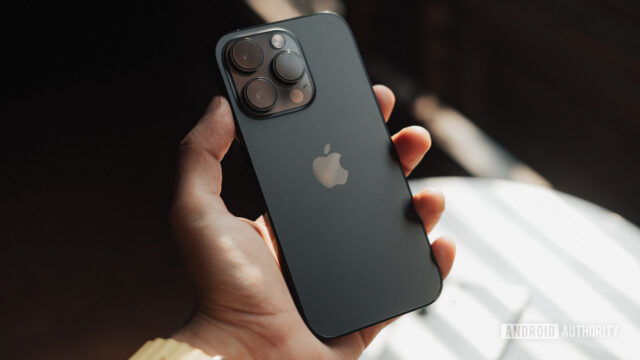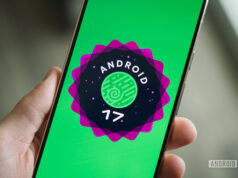Dhruv Bhutani / Android Authority
Apple iPhones have always been popular, but more recently, you must have seen one in the hands of practically everyone around you. Apple loyalists will swear by the iPhone and won’t ever consider buying a top-tier Android flagship. But beyond the loyalists, regular users have also been awed by the longevity of the iPhone, continuing to use the phone because it just works for their needs. If you’ve been tempted into buying an iPhone and are wondering how long you can keep around, we try to answer how long an iPhone will last.
QUICK ANSWER
iPhones last for a long time if used with reasonable care. Most users use their iPhones for three to four years before upgrading to a new one. With battery replacements, you can extend this timeline to as much as five to six years. Beyond that, we recommend upgrading to a new iPhone to get the cumulative upgrade experience and the latest security and software updates.
JUMP TO KEY SECTIONS
How long do iPhones last?

Robert Triggs / Android Authority
If you exclude the Fairphone lineup and the occasional phone-dropping accident, iPhones are the longest-lasting smartphones you can purchase today. iPhones can outlast even the best Android smartphones thanks to factors such as excellent build quality, extended software support for features and security updates, long support from app developers, easy availability of parts for repairs, wide availability of cases, and more. This longevity and uniformity help give iPhones a leg up in the iOS vs Android debate.
Apple refreshes the iPhone yearly with new versions, models, and colors. Some of your friends may be jumping up to the latest iPhone after every such announcement, making it appear that iPhone users buy new iPhones all the time.
The reality is far from this, though. Apple does not upgrade enough aspects of its phone every year, and most people hesitate to jump from a perfectly alright phone onto a new one simply because it is new (and also because it is expensive).
iPhones are one of the longest-lasting smartphones that you can purchase today.
A typical iPhone user will keep their iPhone for around three years before upgrading, usually because the degrading battery backup is no longer sufficient for their needs. We found this to be the most common upgrade timeline for iPhone users, even though the old phone would have had plenty more life in it.
Several iPhone users tend to hold onto their phones for four to five years, often with a battery replacement done at the halfway mark. Many such users often opt for the extended AppleCare Plus package to help with the battery replacement costs down the line, so they already intend to hold onto the phone for a long time right at the time of purchase.
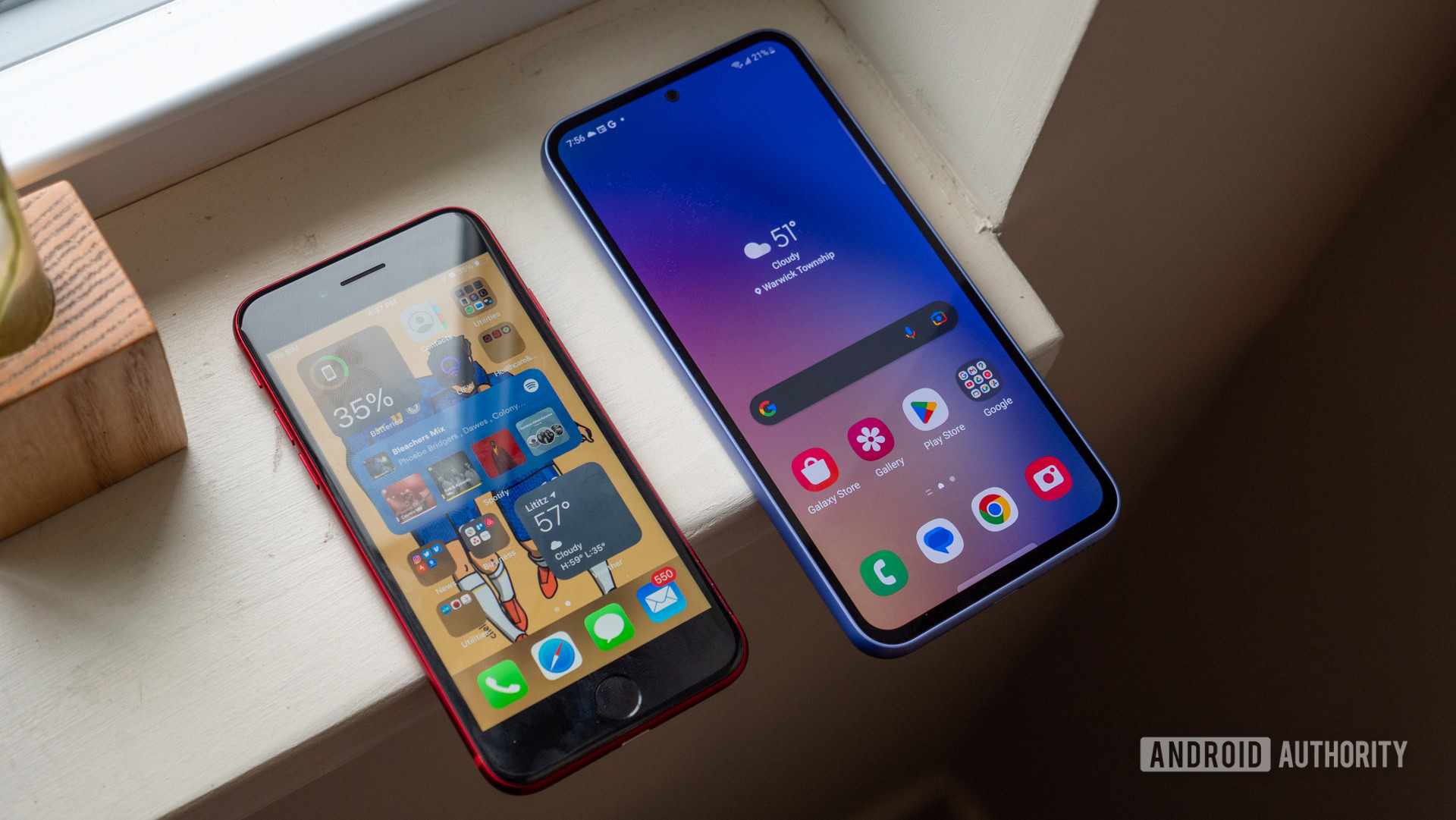
Ryan Haines / Android Authority
We even know iPhone users who have been using the same phone for the last seven years! In fact, Apple also makes the iPhone SE specifically to cater to this category of users who have become so familiar with the design of the older iPhones and do not want to upgrade to a newer design.
Note that even though iPhones last a long time, they aren’t easily repairable. There is plenty that Apple can do to make them last even longer than they already do, like making repairs easier to carry out by technicians and users alike.
How long should you use an iPhone?
The answer is pretty simple if you’re looking to buy an iPhone and wondering how long you should be using it. You should use your iPhone for as long as it lasts and comfortably serves your needs.
You should use your iPhone for as long as it comfortably serves your needs.
This usually would be around the two- or three-year mark, so you’d likely need a battery replacement by the end of it. At this point, we strongly recommend replacing the battery through an authorized Apple repair center, as that would breathe new life into your phone, and you could feasibly use it for some more years (usually one to two extra years).
So, with a simple battery replacement included, you can expect an iPhone to last for about four to five years. If you are okay with another battery replacement at that point, you can very much go for it and use the phone for some more months.
Apple tends to support its iPhones for many, many years. You can get new features over six years from launch and security updates for up to a decade.
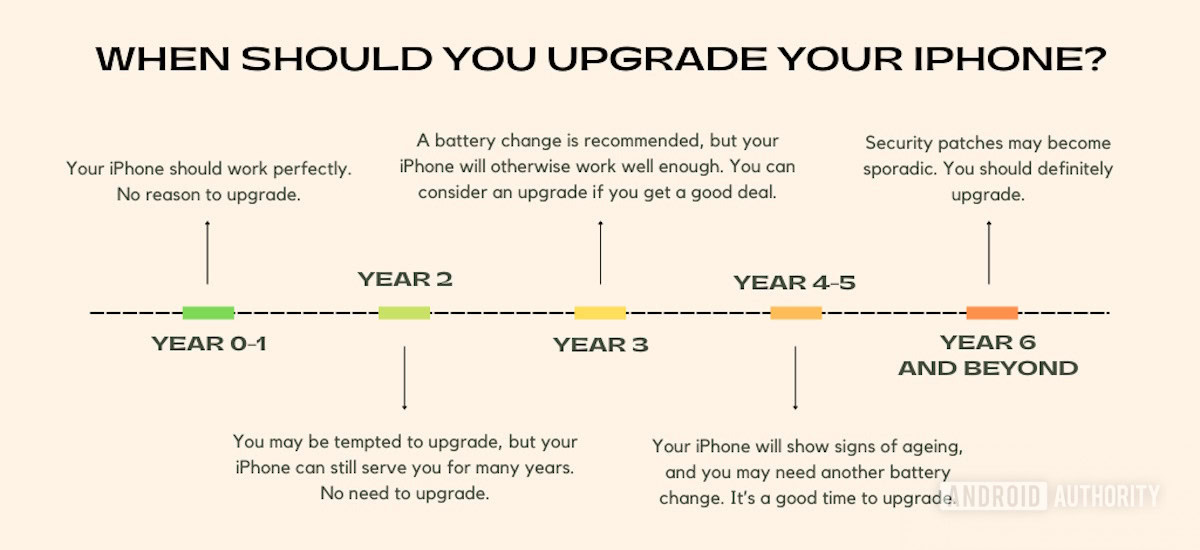
Aamir Siddiqui / Android Authority
We recommend updating to a newer iPhone at least around the four-year mark, as the incremental upgrades would have added up to an excellent cumulative upgrade experience for you.
We also strongly recommend updating to a newer iPhone when Apple drops support for security patches for your device, as this compromises the security of your device.
What problems can I expect on old iPhones?
While iPhones last for a long time, the experience degrades over time. How well a brand-new iPhone performs is naturally different from how a five-year-old iPhone will perform. Here are some common factors and problems that will push you toward buying a new iPhone.
Accidents
Accidents are one of the most common reasons people buy a new iPhone. Sometimes, things happen beyond your control. Maybe you leave your phone behind somewhere, or it unfortunately gets stolen. You could drop your phone and break it beyond use. You could even break it to the point where a repair becomes too costly. As your phone gets older, spare parts availability will also dwindle.
As a result, many people end up upgrading their iPhone when their old phone breaks by accident or they lose it. If your phone is merely broken, you should definitely get estimates for repair before jumping to buy a new one. iPhone screen replacements can be expensive but you should know all your options well before making a choice.
When you get a new phone, we recommend using a good screen protector and case to reduce the damage from accidents. You can also opt for AppleCare Plus if feasible.
Battery life and battery health
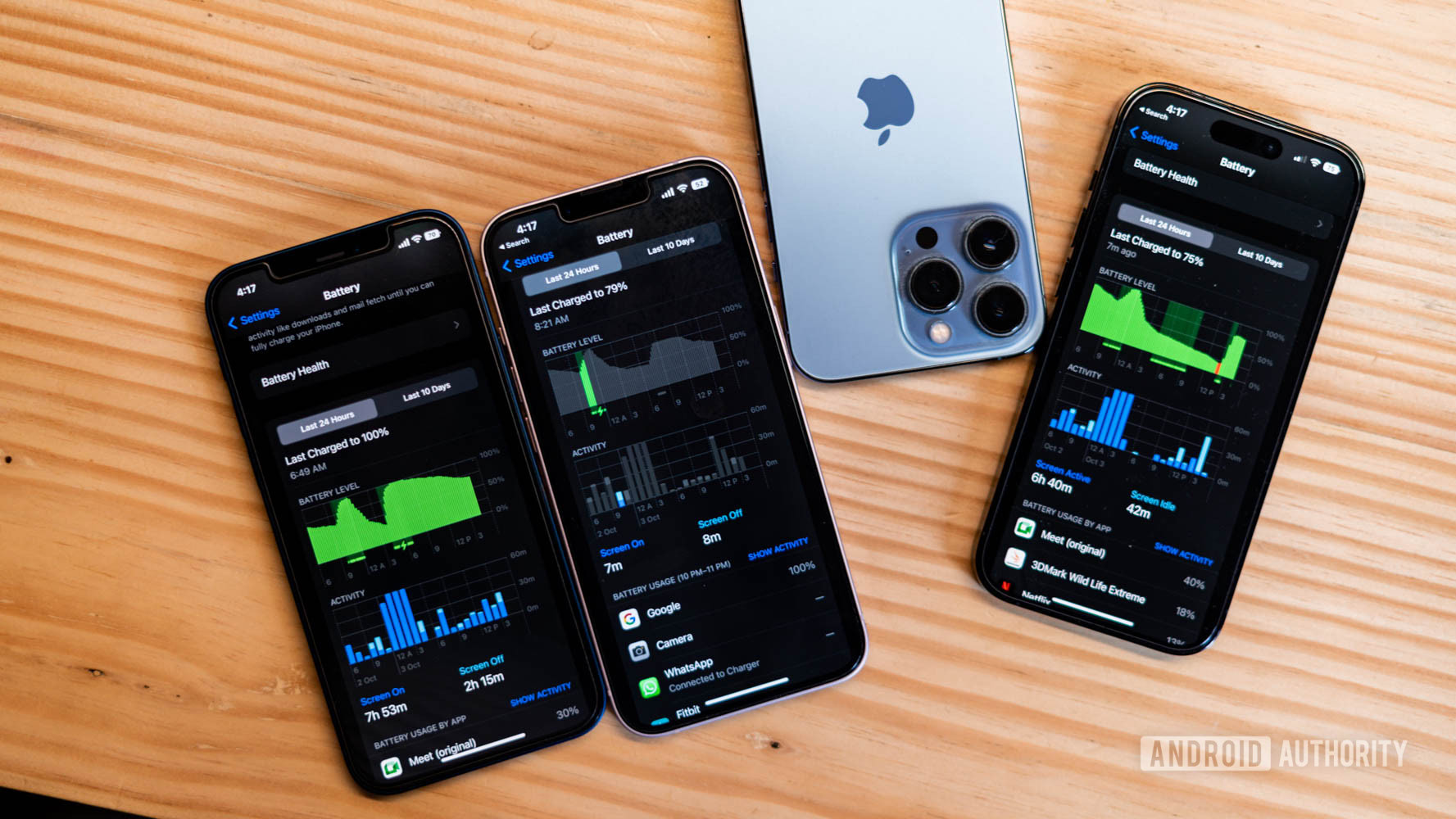
Dhruv Bhutani / Android Authority
One of the biggest reasons for upgrading to a new phone is battery life and battery health/lifespan. Phone batteries have a limited lifespan, i.e., they have a finite life and will progressively hold less maximum charge over time. So, your battery life is bound to degrade as you charge and discharge your iPhone during everyday use.
Apple says a typical battery is designed to retain up to 80% of its original capacity at 500 complete charge cycles when operating under normal conditions. If your battery health falls below 80%, Apple classifies the battery health to be “significantly degraded.” While the phone and battery are still safe to use, the daily battery life of the phone will not be great.
Here is how you can check your iPhone’s battery health. If it is below 80%, we recommend exploring a battery swap through an authorized service and repair center. Most users will reach this point after two to three years of daily use.
You don’t need to buy a new iPhone just because the battery health of your current one is below 80%. You can explore a new iPhone if you are getting a good deal, but upgrading isn’t necessary. A simple battery replacement will breathe new life into your phone.
Software updates and new hardware
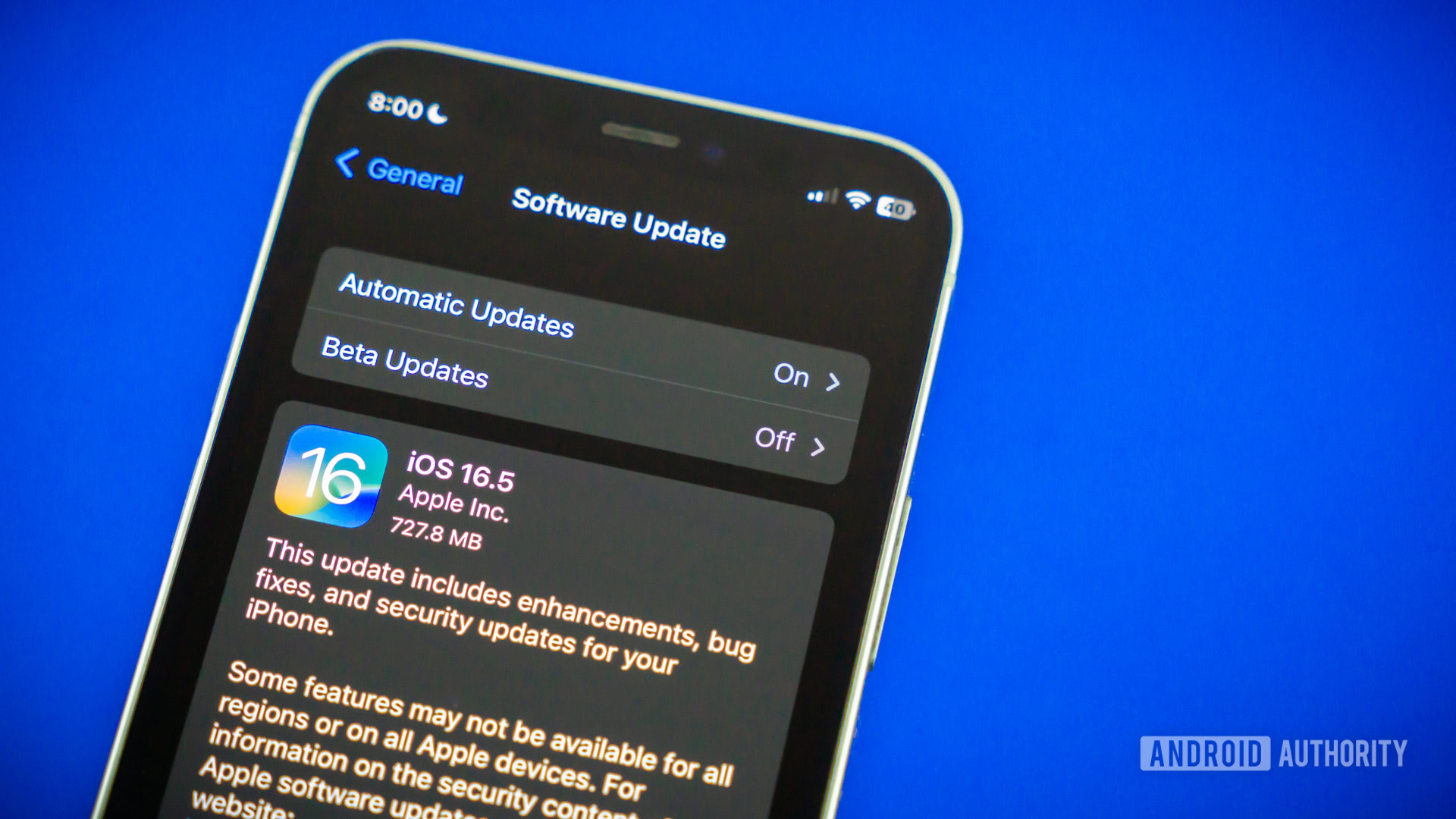
Edgar Cervantes / Android Authority
Apple makes small additions to the iPhone experience every year. Many of these updates make it to older hardware, but some features require new hardware.
For example, the Dynamic Island feature makes sense on the newer display panels with the requisite cutouts; hence, this software feature will not arrive on older hardware. 5G is another excellent example, as you’d need an iPhone 12 or older to experience it.
Add a bunch of these hardware and iOS features over time, and your iPhone will feel old and obsolete, even if it has the latest iOS version.
Performance throttling
Apple has admitted it has throttled iPhone performance in the past, but it’s not for the reasons you think.
One of the longest-standing myths is that older iPhones slow down whenever a new iPhone is due for launch. A big part of this myth is people slyly misleading others and causing placebo effects. A smaller part of it is that older iPhones do throttle performance, but because of their battery more than anything else.
On significantly older iPhones that have not had a battery replacement, the battery also gradually loses its ability to provide peak power. The device can thus unintentionally shut down as the processor and other system components get starved of power under peak loads. To prevent this, Apple throttles the system performance to smooth down the power requirements.
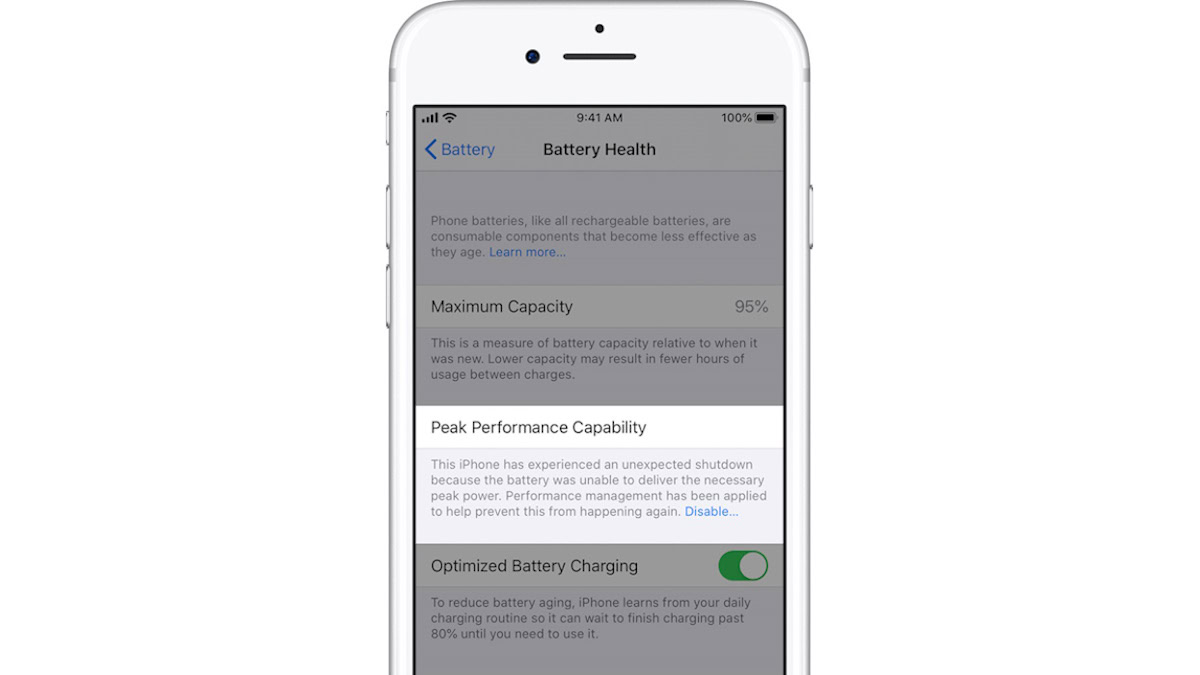
Apple calls this “Performance management,” and the company allows users to turn off the throttling at the risk of shutdowns. You can find this setting in Settings > Battery > Battery Health & Charging under the Peak Performance Capability header, but only when you have had an unexpected shutdown and throttling is active. If your phone is not being throttled, there will be nothing to toggle.
Beyond this, iPhones don’t throttle their performance. Older iPhones may feel sluggish as their hardware ages and becomes obsolete while app requirements continue to rise.
How to make your iPhone last longer
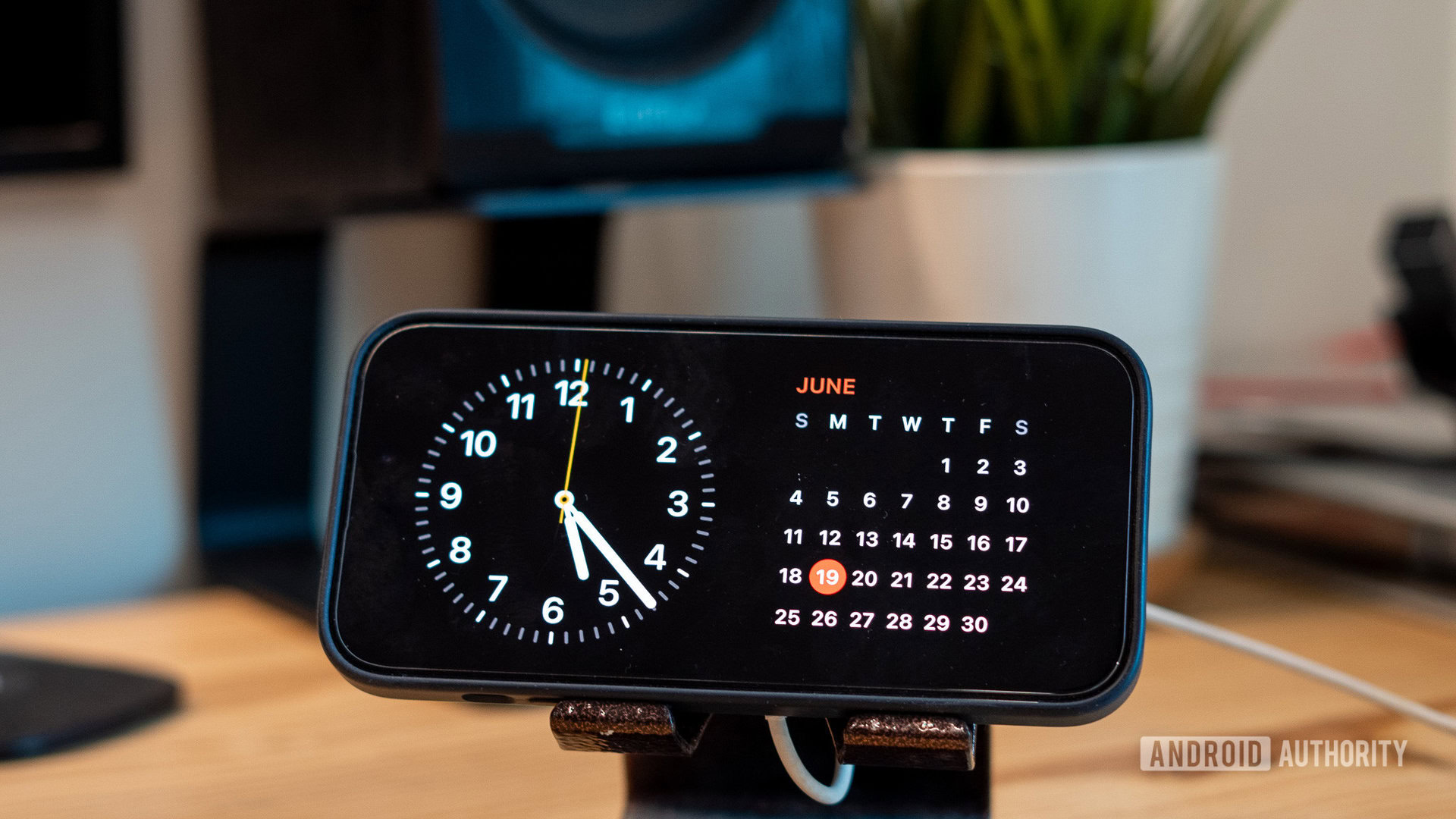
Dhruv Bhutani / Android Authority
If you just purchased a new iPhone, here are some simple tips to help your new phone last longer without compromising too much on your experience.
Use a tempered glass screen protector and a protective case
As part of my work as a phone reviewer and enthusiast, I buy and sell phones regularly. And to preserve their value and get the best deal, I need to keep the phone in pristine condition. To achieve this, I usually buy a good quality tempered glass screen protector and protective case for all my phones.
With iPhones, you have many options for tempered glass screen protectors, thanks to the flat display. A glass screen protector will not only protect your display by absorbing some of the impacts of a fall but also provide a good usage experience compared to plastic screen protectors. They are also easy to apply since the iPhone does not have a curved display to complicate matters.
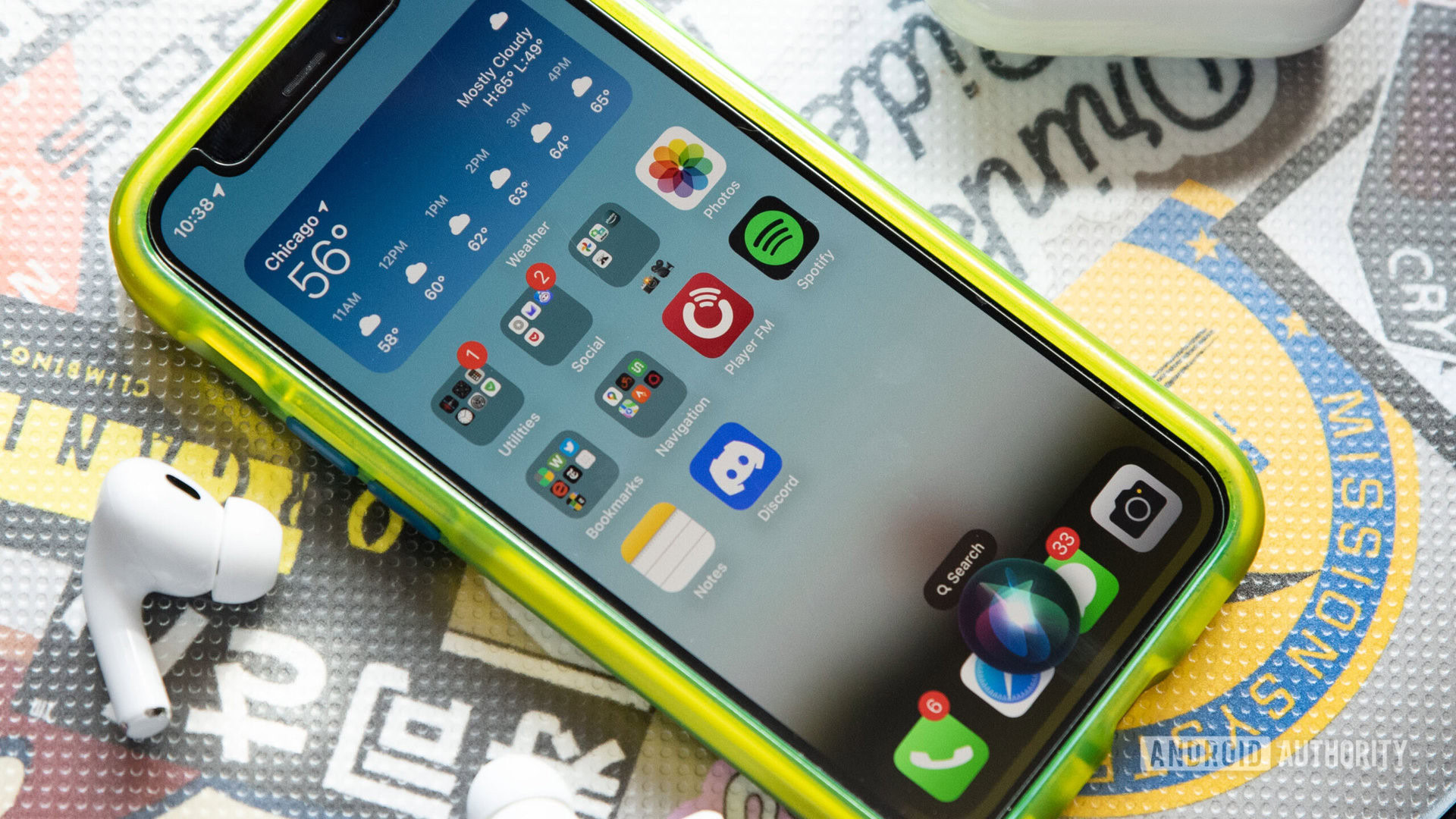
Lily Katz / Android Authority
Similarly, iPhones have the most extensive range of first-party and third-party cases. Choose something that looks nice but also protects your phone in case of an accidental drop. Avoid bulky cases, as they will add unnecessary weight and trap a lot more heat.
With a good case and screen protector, your iPhone will last long.
Use optimized battery charging
A recurring theme in our advice has been the fact that the battery of your iPhone deteriorates quicker than the rest of your phone. While a battery replacement is still advisable once your phone crosses a certain battery health level, you can follow a few steps to slow down deterioration.
- Go to Settings > Battery > Battery Health > Optimised Battery Charging.
- Enable Optimised Battery Charging.
This simple setting lets your iPhone stay plugged in for long periods and trickle charge itself past 80%, depending on your routine. So, if you prefer charging your phone overnight, this setting will quickly bring up the battery percentage to 80% but then drastically slow it down so that your phone reaches a full charge by the time you wake up and need your phone again.
Switch 5G to Auto or off
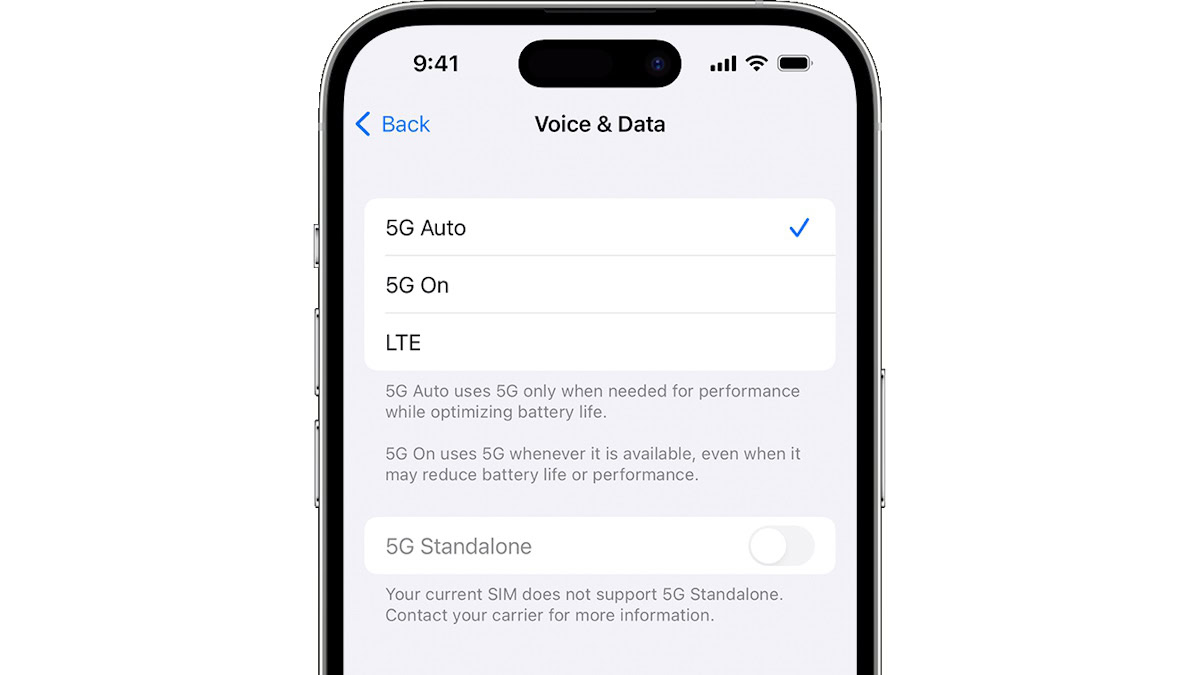
This step does not directly increase your battery health, but it helps improve your daily battery life, thus indirectly increasing your battery health.
Most regions around the world do not have widespread 5G rollout. If your region or operator does not have 5G, you should turn off 5G and switch to 4G LTE to save battery. If your area and operator have 5G, switching 5G to the Auto setting still makes sense so that you can fall back to 4G LTE more frequently when you have a weak 5G signal (which will drain your battery).
- Go to Settings > Cellular > Cellular Data Options > Voice & Data.
- Either switch to 5G Auto or LTE, depending on whether you can access 5G in your region and by your operator.
Explore AppleCare Plus
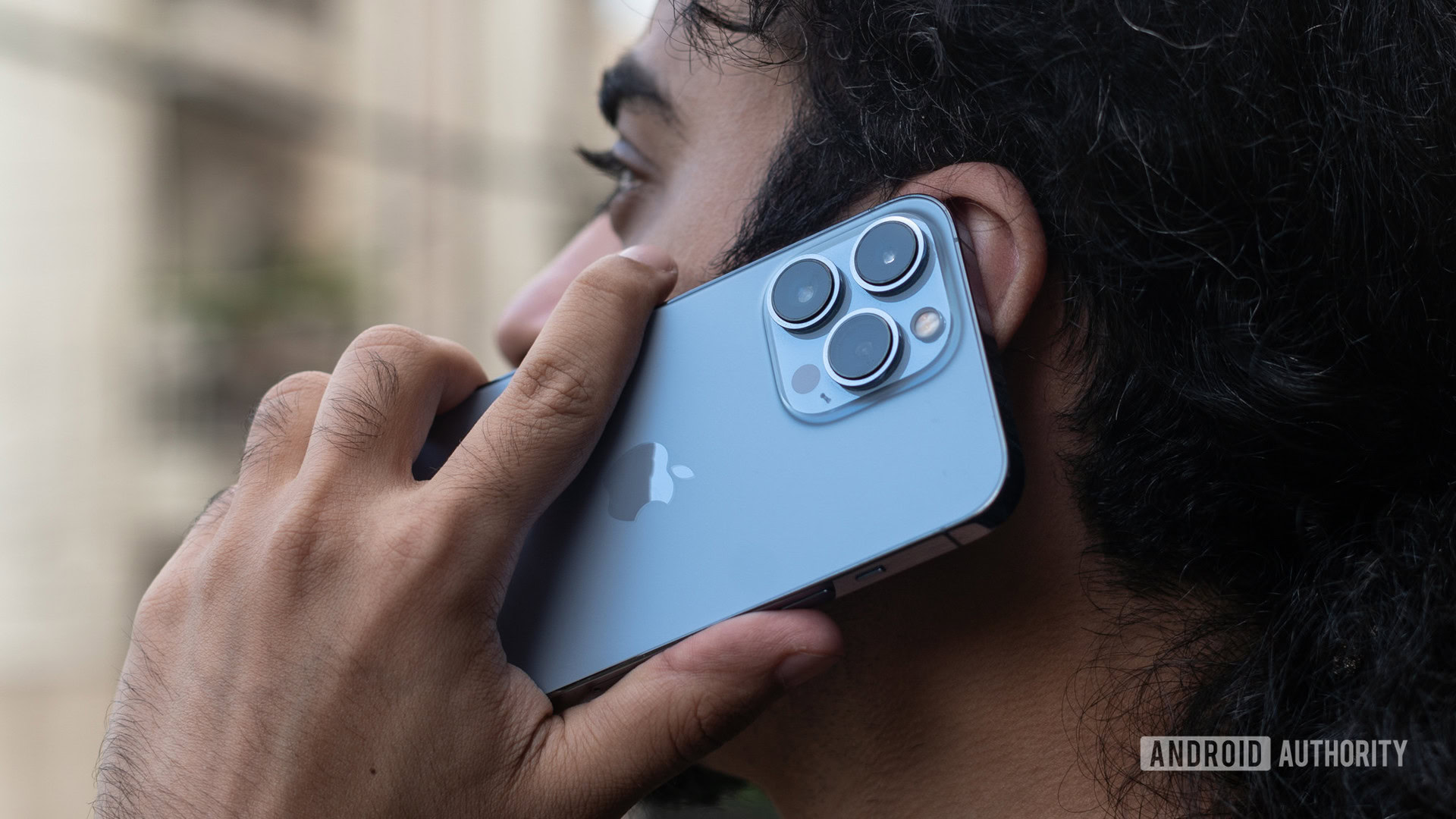
Dhruv Bhutani / Android Authority
AppleCare Plus is an additional warranty that Apple sells separately, beyond the basic one-year AppleCare warranty included for free with every phone purchase. If you intend to use your iPhone for longer than three years, you should explore if the perks of AppleCare Plus would give you enough benefits and peace of mind to be worth the additional cost.
AppleCare Plus for iPhones has two variants: standard AppleCare Plus and AppleCare Plus with Theft and Loss. The standard Plus plan covers unlimited damage coverage (subject to service fees), while the Theft and Loss plan covers that and up to two incidents of theft or loss every 12 months (subject to service fees per incident). Both plans cover the phone, the battery (if it drops to less than 80% of its original capacity), and the cable in the box.
Replacing the battery on an iPhone 14 series costs $99 and $89 on older iPhones with Face ID. For comparison, the standard AppleCare Plus plan costs $199 for the iPhone 14 Pro series, $179 for the 14 Plus, and $149 for the regular 14. The pricing for AppleCare Plus is higher if you are looking at just one expected battery replacement, but note that it covers other incidents of damage as well.
If you hope to use your iPhone for a long time, the peace of mind from AppleCare Plus might be worth the cost for you. If you use your phone with a case, screen protector, and reasonable care, you won’t really need AppleCare Plus. So assess according to your needs and use habits.
FAQs
Yes, iPhones, in general, last longer than Android phones, with the caveat that they also cost significantly more than their Android counterparts. A new iPhone flagship will last longer than an Android flagship but also be significantly more expensive.
No. iPhone cameras do not degrade over time. iOS updates also improve camera quality over time. However, advances in hardware on newer smartphones may give the impression that an older iPhone camera has degraded in quality.
iPhones do not support fast charging and, thus, cannot be affected by fast charging in any way. The iPhone battery charges at a very low speed and no amount of fast charging can bypass this. As such, the iPhone battery cannot be degraded or affected by fast charging.

